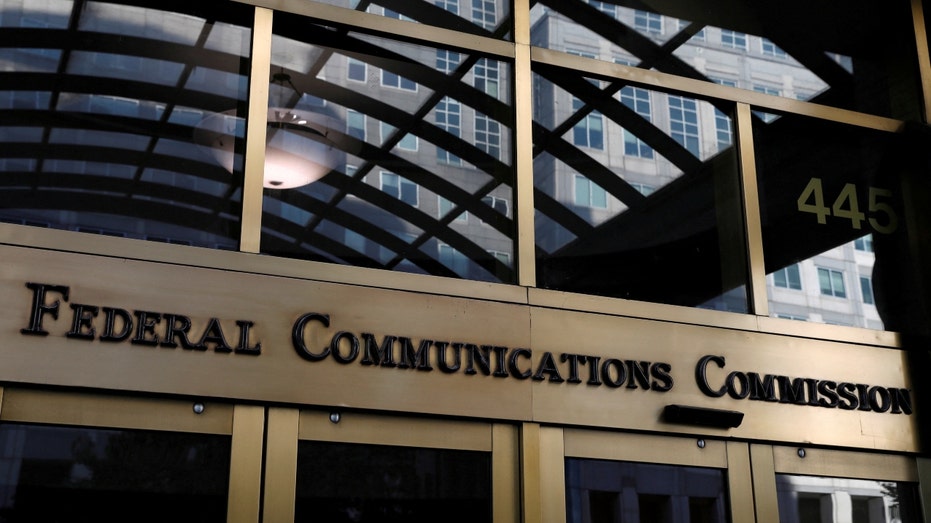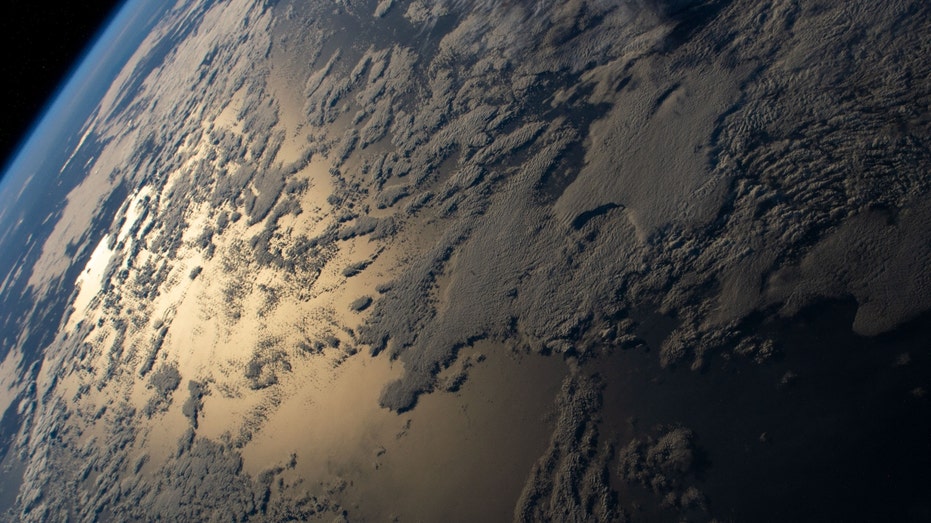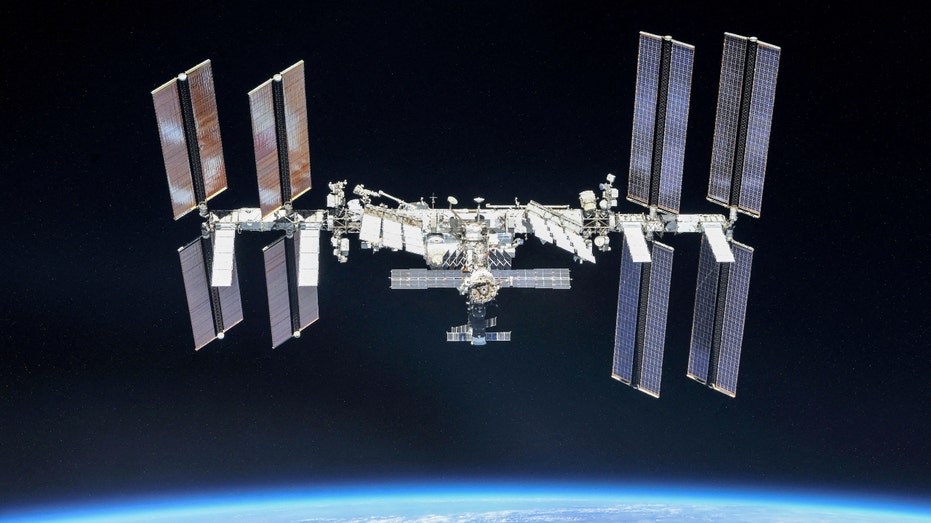New-age space rules up for revision, FCC says
The agency voted to boost space manufacturing
Stuart Varney: The vastness of space is humbling
FOX Business host Stuart Varney argues the James Webb space telescope is a 'stunning technological development.'
The Federal Communications Commission (FCC) said it would kickstart the process to revise decades-old rules on getting rid of space junk and other issues in space.
In a release, it said the inquiry would examine satellite refueling, inspecting and repairing in-orbit spacecraft, capturing and removing debris and transforming materials through manufacturing while in space.
The agency's chairwoman, Jessica Rosenworcel, told reporters Friday after a unanimous 4-0 FCC vote that rules currently in place were "largely built for another era."
Rosenworcel said the FCC needs to make sure rules are "prepared for the proliferation of satellites in orbit and new activities in our higher altitudes."
VIRGIN GALACTIC DELAYS COMMERCIAL SPACEFLIGHTS AGAIN

FILE PHOTO: Signage is seen at the headquarters of the Federal Communications Commission in Washington, D.C., U.S., August 29, 2020. (REUTERS/Andrew Kelly/File Photo / Reuters)
The leader said that the FCC is focusing on in-space servicing, assembly and manufacturing (ISAM).
"Today’s action continues this modernization effort as in-space servicing, assembly and manufacturing capabilities – or "ISAM" – has the potential to build entire industries, create new jobs, mitigate climate change and advance America’s economic, scientific, technological and national security interests," the FCC wrote.
GET FOX BUSINESS ON THE GO BY CLICKING HERE

Earth seen from space (NASA / Fox News)
It noted that steps are being taken to update satellite rules and adopt new rules to assist satellite launch companies, giving them "ready access to spectrum for transmissions from space launch vehicles during pre-launch testing and space launch operations."
Furthermore, the proceeding will review the spectrum needs of these missions, implications on the FCC’s orbital debris rules and any "unique regulatory issues" that arise due to ISAM activities beyond the Earth's orbit.
According to NASA, more than 27,000 pieces of orbital debris are tracked by the Department of Defense’s global Space Surveillance Network (SSN) sensors.

FILE PHOTO: The International Space Station (ISS) photographed by Expedition 56 crew members from a Soyuz spacecraft after undocking, October 4, 2018. (NASA/Roscosmos/Handout via REUTERS/File Photo / Reuters)
CLICK HERE TO READ MORE ON FOX BUSINESS
Much more debris exists in the near-Earth space environment, but is too small to be tracked.
"Since both the debris and spacecraft are traveling at extremely high speeds (approximately 15,700 mph in low Earth orbit), an impact of even a tiny piece of orbital debris with a spacecraft could create big problems," the agency said.
Reuters contributed to this report.





















